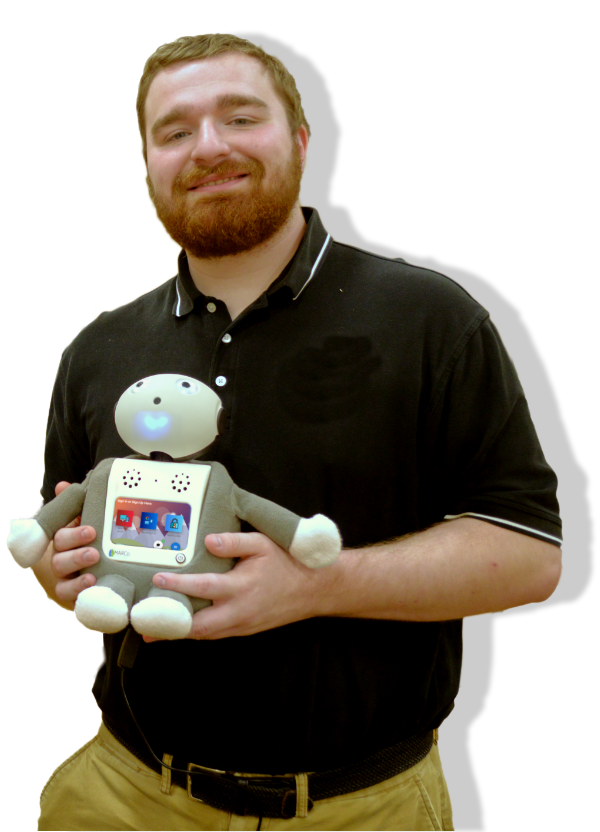
Mindfulness, the practice of paying attention to the present moment without judgment, has been shown to be a powerful tool for promoting mental well-being in both adults and children. Dr. Amishi Jha, a neuroscientist and author of the book Peak Mind, believes that mindfulness apps can be a valuable tool for helping children develop the skills they need to cope with stress and adversity. “Mindfulness can help children to develop a more stable and resilient mind,” she says. “This can help them to better cope with challenges and setbacks, and to maintain a sense of well-being even in difficult times.”
Children are facing unprecedented levels of stress, anxiety, and other mental health challenges. According to the World Health Organization (WHO), one in seven children aged 10-19 years experiences a mental health disorder. Mindfulness apps can provide children with accessible and engaging ways to learn and practice mindfulness.
How mindfulness apps can help children
Mindfulness apps can help children in a number of ways, including:
- Reducing stress and anxiety: Mindfulness can help children to become more aware of their thoughts and feelings, and to learn how to manage them in a healthy way. This can be particularly helpful for children who are prone to worry or anxiety. Children experience stress too, whether it’s related to school, peer relationships, or family issues. Mindfulness apps offer techniques to reduce stress and anxiety. Breathing exercises, guided imagery, and meditation sessions can provide children with the tools to calm their minds and cope with challenging situations.
- Improving focus and concentration: Mindfulness can help children to train their attention and to focus on the present moment. This can be beneficial for children who have difficulty paying attention in school or who are easily distracted. These apps often include activities designed to boost concentration through breathing exercises and guided mindfulness sessions.
- Promoting emotional regulation: Mindfulness can help children develop the skills they need to manage their emotions in a healthy way. This can help children to cope with difficult emotions such as anger, sadness, and frustration.
- Enhancing self-awareness: Mindfulness can help children to become more aware of their own thoughts, feelings, and bodily sensations. This can help children to develop a greater sense of self-understanding.
- Promoting sleep: Mindfulness can help children to relax and fall asleep more easily. This can be beneficial for children who have difficulty sleeping. Quality sleep is crucial for a child’s development and overall health. Mindfulness apps offer guided relaxation and breathing exercises that can help children calm their minds before bedtime, leading to more restful sleep.
- Lifelong Skills: Perhaps one of the most valuable aspects of mindfulness apps for children is that they teach lifelong skills. The emotional intelligence, self-awareness, and stress management techniques learned through these apps can benefit children well into their adulthood, helping them lead happier and more fulfilling lives.
With the COVID-19 pandemic forcing millions of students to learn from home in 2020, a team of MIT researchers sought to determine if remote, app-based mindfulness could offer similar benefits to in-person practices. A study conducted between 2020 and 2021 revealed that children who used a mindfulness app at home for 40 days showed significant improvements in multiple areas of mental health, including reductions in stress and negative emotions such as loneliness and fear.
Mindfulness Apps for Kids: How to Get Started as a Parent
- Choose an app that is age-appropriate and engaging.
- Start with short practices and gradually increase the duration as your child becomes more comfortable.
- Practice mindfulness together with your child. This can help to create a sense of shared experience and support.
- Be patient. It takes time and practice to develop mindfulness skills.
Mindfulness apps can be a valuable tool for promoting mental well-being in children. By providing children with accessible and engaging ways to learn and practice mindfulness, these apps can help them develop the skills they need to cope with stress, anxiety, and other mental health challenges.
You may also be interested in: MARCo – Your Mental Health Companion
Meet MARCo – Your Ultimate Mental Health Ally
You don’t ever have to face your mental health struggles alone. Unlike basic mental health apps that focus on only one area of your mental health, MARCo is a Mental Health Assisting Robot Companion that takes care of all aspects of your mental well-being. Whether you’re battling anxiety, seeking solace in an existential crisis, or just need a mood boost, MARCo is your 24/7 companion.
Don’t face mental health challenges alone — bring MARCo into your life today!




